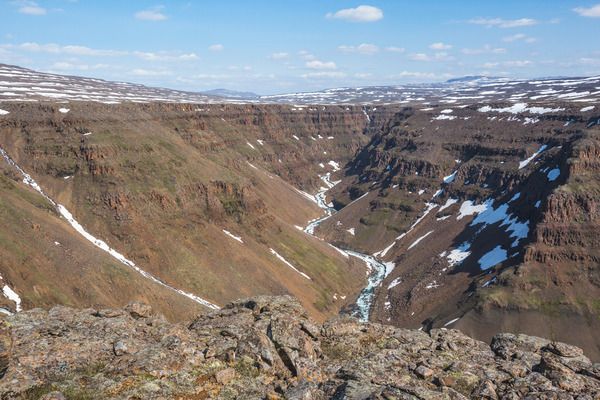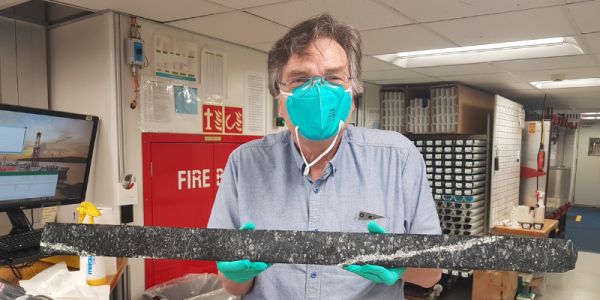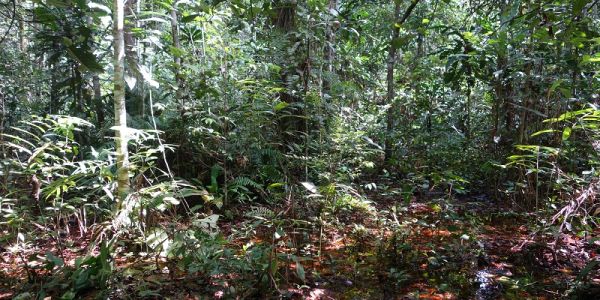
Genetics behind colorectal cancer revealed in new study
A new study identifies over 250 genes that play a part in the development of colorectal cancers.

A new study identifies over 250 genes that play a part in the development of colorectal cancers.

Catastrophic volcanic eruptions that warmed the planet millions of years ago shed new light on how plants regulate climate and sound a warning about rising temperatures.

Scientists from the University of Leeds have helped to recover the first long section of rocks that originated in the Earth’s mantle, the layer below the crust and the planet’s largest component.

A new class of robot with magnetic skin and movement that mimics creeping vine plants, could transform cancer diagnosis and treatment, according to a new University of Leeds study.

An online Disability Studies graduate who is now putting her learnings into practice at work recommends more people study the barriers faced by disabled people.

Two of Leeds' most promising research leaders have earned national fellowships to advance their work aimed at tackling global challenges.

The world’s forests have absorbed more than 100 billion tonnes of carbon dioxide over the past three decades, but they need more protection, according to a new study.

Thousands of medieval enthusiasts have flocked to the University of Leeds for the largest humanities research conference in Europe, featuring fighting knights, music and rare works by JRR Tolkien.

Melting of glaciers in a major Alaskan icefield has accelerated and could reach an irreversible tipping point earlier than previously thought, new research suggests.

The reality of the climate impact of long-distance passenger travel has been revealed in new research from the University of Leeds.